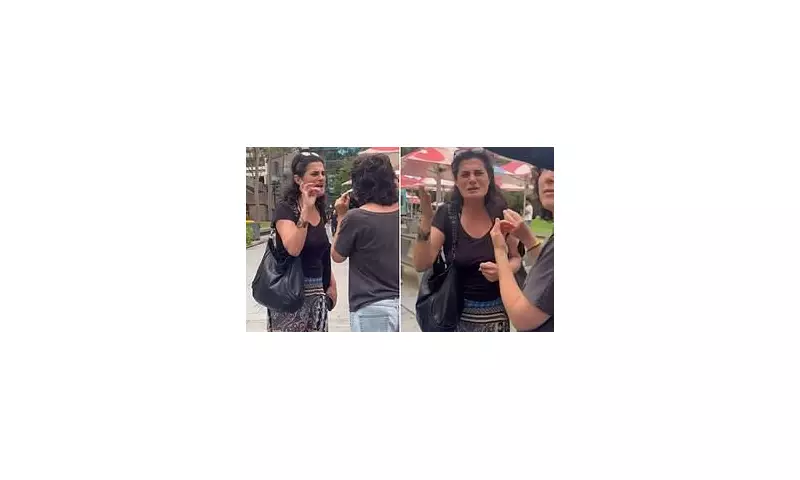
A University of Sydney lecturer has been removed from teaching duties after unleashing a shocking anti-Semitic rant against Jewish students, labelling them as "filthy parasites" in what's being described as one of the most disturbing academic misconduct cases in recent memory.
Classroom Outburst Sparks Immediate Backlash
The incident occurred during a tutorial session when the lecturer, whose identity remains protected, launched into an unprompted verbal attack targeting Jewish students. Witnesses reported the academic made multiple derogatory comments, including repeated use of the phrase "filthy parasites" when referring to Jewish people.
One distressed student present during the outburst told reporters: "We were completely shocked. This wasn't a debate or academic discussion - it was pure hatred directed at Jewish students in the room. The atmosphere became immediately tense and uncomfortable."
University Takes Swift Action
University administrators moved quickly to address the situation, suspending the lecturer pending a full investigation. A university spokesperson confirmed they're treating the matter with "the utmost seriousness" and have implemented support services for affected students.
The spokesperson stated: "The University of Sydney condemns all forms of racism and discrimination. We're providing counselling and support to students impacted by this deeply concerning incident while conducting a thorough investigation."
Jewish Community Leaders Respond
Jewish advocacy groups have expressed outrage at the incident, calling for stronger measures to combat anti-Semitism on university campuses. The Executive Council of Australian Jewry described the lecturer's comments as "vile and unacceptable" in any educational setting.
Community leaders are demanding not just disciplinary action but comprehensive anti-racism training for all academic staff and clearer policies to protect Jewish students from discrimination.
Broader Implications for Academic Freedom
The case raises difficult questions about the boundaries between academic freedom and hate speech within university environments. While universities traditionally champion free expression, many are now grappling with how to balance this principle with protecting students from targeted harassment.
Education experts suggest this incident highlights the need for clearer guidelines and better training for academic staff about appropriate classroom conduct and the legal boundaries surrounding discriminatory speech.
The investigation continues as the university community awaits further developments in this troubling case of academic misconduct and anti-Semitic behaviour.





